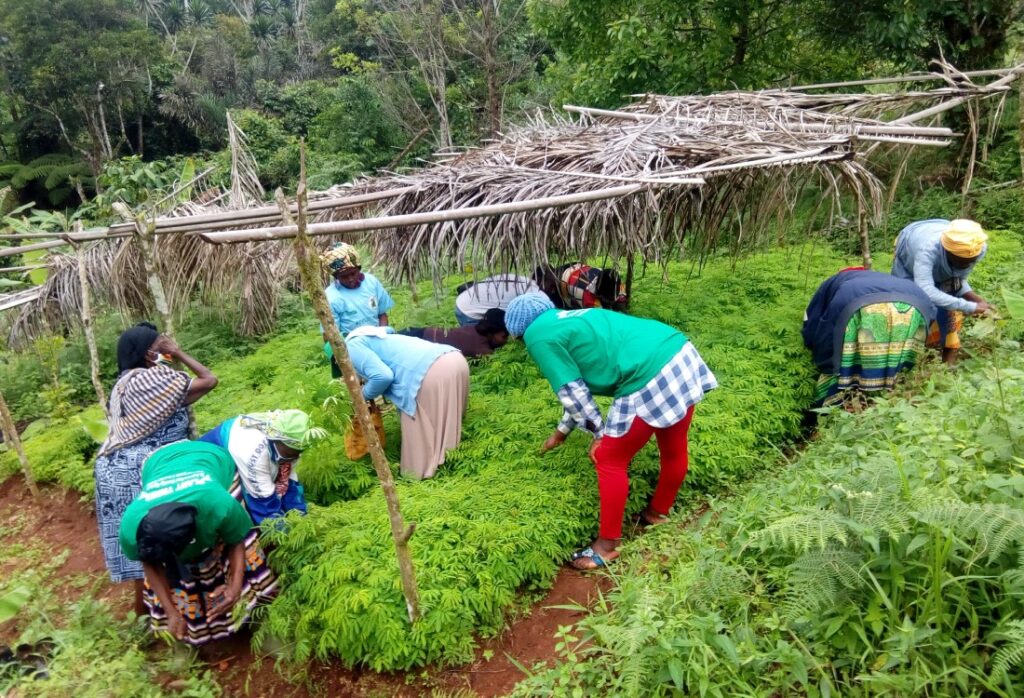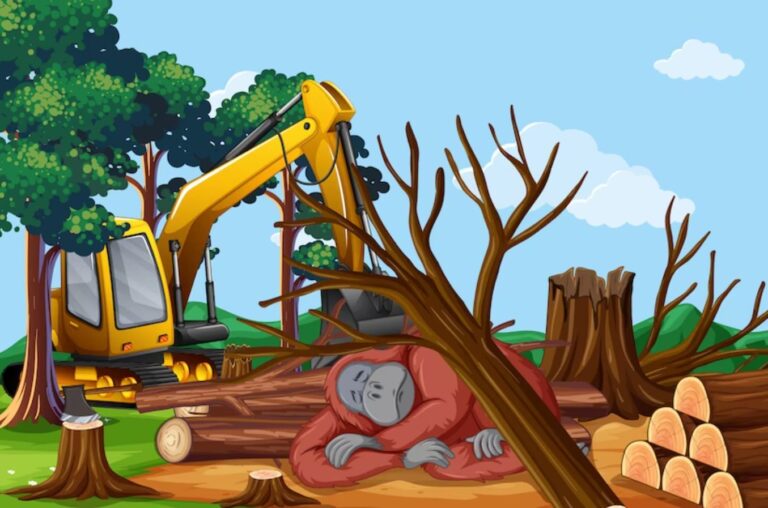
Sustainable agriculture is the practice of growing crops and raising livestock in a way that is environmentally friendly, socially responsible, and economically viable. It is a holistic approach to farming that takes into account the needs of the land, the farmers and their communities, and the consumers.
One of the key principles of sustainable agriculture is the use of conservation practices that protect and preserve natural resources. This includes practices such as crop rotation, cover cropping, and reducing tillage, which help to maintain soil health, conserve water, and protect against erosion. Sustainable agriculture also relies on the use of integrated pest management, which uses natural predators and other non-toxic methods to control pests, rather than relying on chemical pesticides.
Another important aspect of sustainable agriculture is the use of sustainable water management, which allows farmers to use water resources in an efficient and sustainable manner, promoting efficient irrigation and rainwater harvesting. This is important to the farming communities, and also to the global water resources management.
Sustainable agriculture also prioritizes the use of local resources, such as seeds and livestock, to promote self-reliance and reduce dependency on external inputs, such as chemicals and fertilizers. This is important for the farmers, as well as for the communities, and for the global food security.
Sustainable agriculture also promotes biodiversity and is essential to conserve a wide variety of plant and animal life. This not only helps to protect vulnerable species but also helps to maintain a healthy ecosystem, which is important to the survival of all living things.
In addition, sustainable agriculture is beneficial for the farmers and their communities. It provides them with a stable income and helps them to create a better quality of life. Sustainable agriculture also has a positive impact on the health and wellbeing of the local population, by providing them with fresh, healthy food.
Lastly, sustainable agriculture also helps to address the issue of climate change by sequestering carbon and reducing greenhouse gas emissions.
In conclusion, sustainable agriculture is an approach that takes into account the needs of the land, the farmers and their communities, and the consumers, by using conservation practices that protect and preserve natural resources, promoting sustainable water management, using local resources, and promoting biodiversity, and addressing the issue of climate change. The implementation of sustainable agriculture practices is important not just for farmers and rural communities, but for all of us and for the future of the planet.


